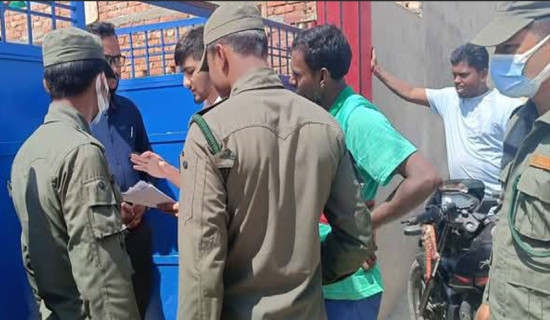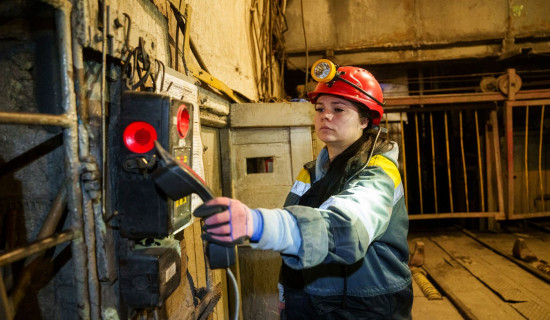- Wednesday, 2 April 2025
No Place For Violence
After years of incessant peace, harrowing acts of violence in some places in Kathmandu plunged the capital city into turmoil on Friday. Fearful of what might befall them, many people avoided venturing out of their homes. Almost every road and street in Kathmandu wore a deserted look. The public's worst fear came true in the afternoon when the city's Tinkune and neighbouring areas like Koteshwore and Jadibuti were on the boil. It was a scene of full-fledged riot, vandalism and arson. Individual houses and an herbal processing centre were set on fire, the office of CPN- Unified Socialist was vandalised, vehicles and commercial buildings were torched, and a supermarket store was looted, among other casualties.
In the ensuing clashes between the demonstrators and the security forces, two persons – a camera person for Avenue Television and a demonstrator – lost their lives. The former was burnt to death in a building set on fire allegedly by the protesters, while the latter died of gunshot wounds. Dozens sustained injuries. By every measure, the so-called pro-monarchy movement turned into an act of unadulterated violence – and an inhumane one. The violence was unnecessary and reprehensible, to say the least. Ever since the revocation of monarchy and the ushering of the country into federalism, ex-king loyalists have intermittently been demonstrating, demanding the reinstatement of the monarchy. The result has been simmering tensions between such protesters and government forces.
In a functioning democracy, the right to protest is guaranteed as a fundamental right by the constitution, ensuring freedom of speech and assembly. As such, every citizen can exercise the right to participate actively and influence government decisions, including the right to express dissent and disagree with the government. At the same time, it is also important to note that this right is not absolute and can be subject to reasonable limits when maintaining public order, protecting the rights of others, and preventing violence. This means that a citizen is free to protest peacefully, not violently, and also in a dignified way. But that was not the case in the demonstration in question.
Clearly, the instigators of the violence are in the wrong, and they must be held accountable. If possible, they must be made to pay for the cost of the loss and damage their actions have inflicted. Doing so will set an example that no criminal gets away with the crime h/she has committed. This will also send a message that every act of violence will be dealt with in full force of the law. On the other hand, some have attributed the violent acts to security lapses.
The government must be better prepared to deal with such demonstrations in the future, keeping in mind the protection of life and property. Had a fire engine arrived on time and doused the fire, the life of the Avenue TV cameraman could've been saved, and so could have been many properties. More importantly, it should also work to do something concrete to allay the frustration that triggers violent behaviours, making the fruits of development and the benefits of federalism accessible to all. This way we can stop anti-establishment forces from rearing their ugly heads again and again.



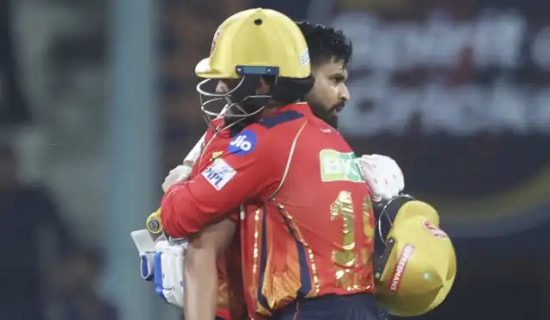
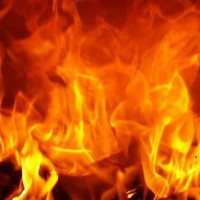
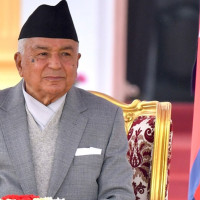
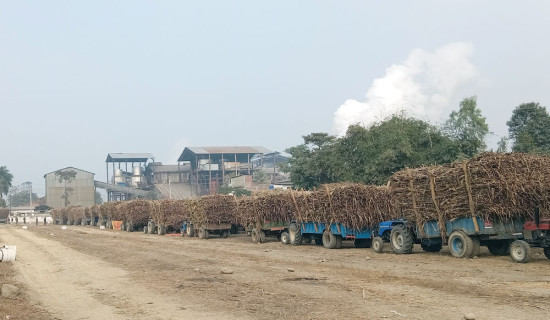
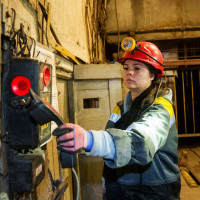

copy-original-thumb.jpg)


